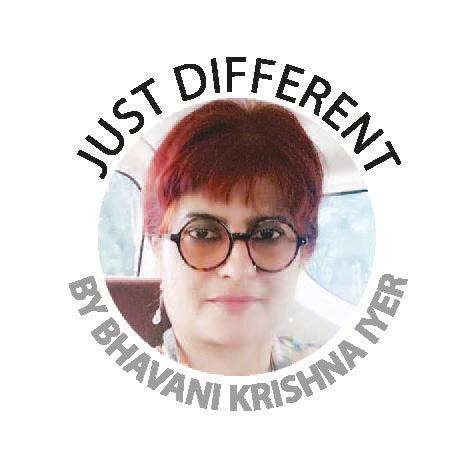WHEN in school, I had always wanted to become a teacher because, in my innocent perception, I thought that was the only profession (apart from politics) in which I would be able to be in authority and control. I did become a teacher, for all the wrong reasons, as predicted.
In those days life was simple and so were the needs. Over the years, as maturity set in, I wanted to go back to books and, particularly, wanted to stop at nothing less than a doctorate. You can call it a fixation or a manic desire that slowly seeped into my bloodstream, infecting me with the wanton longing to keep pursuing it.
Having done the paper chase, people asked me what good the doctoral degree has done to me and for me. From the point of view of an academic, it is the ultimate but from a corporate ecosystem point the degree is nothing but a fancy paper adding weight to your name, literally.
If we obliterate ourselves from the notion that with a degree on a piece of paper your have your life figured out, think again! Intelligence, perceptiveness and humanness would be much more desired, with or without a degree.
Hence, the recent story over fake degrees got me wickedly excitedly as I wanted to know why would people go to the extent of shopping for that piece of paper. There must be some truth to the fact that degrees are seen as defining a person’s worth even for a lay individual, what more for politicians.
Well, politicians should be pragmatic, visionary , pro-common man , a good leader with an indomitable personality, and these would set a politician who is there for his people apart from others who are there for everything else. Of course, having a degree is a good thing but not a crime if none exists.
I was watching a rather intriguing video on this topic where a motivational speaker reads out a letter written by a school head ahead of the approaching examination season.
In his ardent plea, he calls on parents and teachers alike to understand that examinations and the results are not the only factors that determine who we are. His other contention is that paper qualification alone does not decide our future.
The same message can be applied to the preoccupation with degrees and, on a higher level, with the class of honours for the degree holders. The messages are simple and yet pointy: Do not judge them, talent is not determined by examinations and paper qualifications; a degree is important but it is not everything; degrees do not define yourself nor your future.
In the west, there is a healthy and haughty debate going on for some time now where people are increasingly seeing the need for better balance between academic and technical qualification.
In the book, Barking Up The Wrong Tree, the author Eric Barker contends that students who graduate with top grades from high school do well but rarely reach their full potential and contribute any ground-breaking innovation or paradigm shift in society.
We live in a competitive world. Growing up we are told that good grades and a good degree will lead to us becoming successful adults.
This is only true if you understand what success means. For each of us the path and the benchmark are varied.
To me success is about breaking rules, breaking the status quo, doing what you are passionate about rather than following what society dictates.
All the more now, creativity is the real fuel to success. How many Harvard and Oxford scholars do we know who have done anything transformational?
By all means do well in your collection of degrees but do not judge others who are not on a similar bandwidth.
It is said that education is the most powerful weapon that can be used to change the world and it does not necessarily need to come from college or university degrees.
Comments: letters@thesundaily.com










